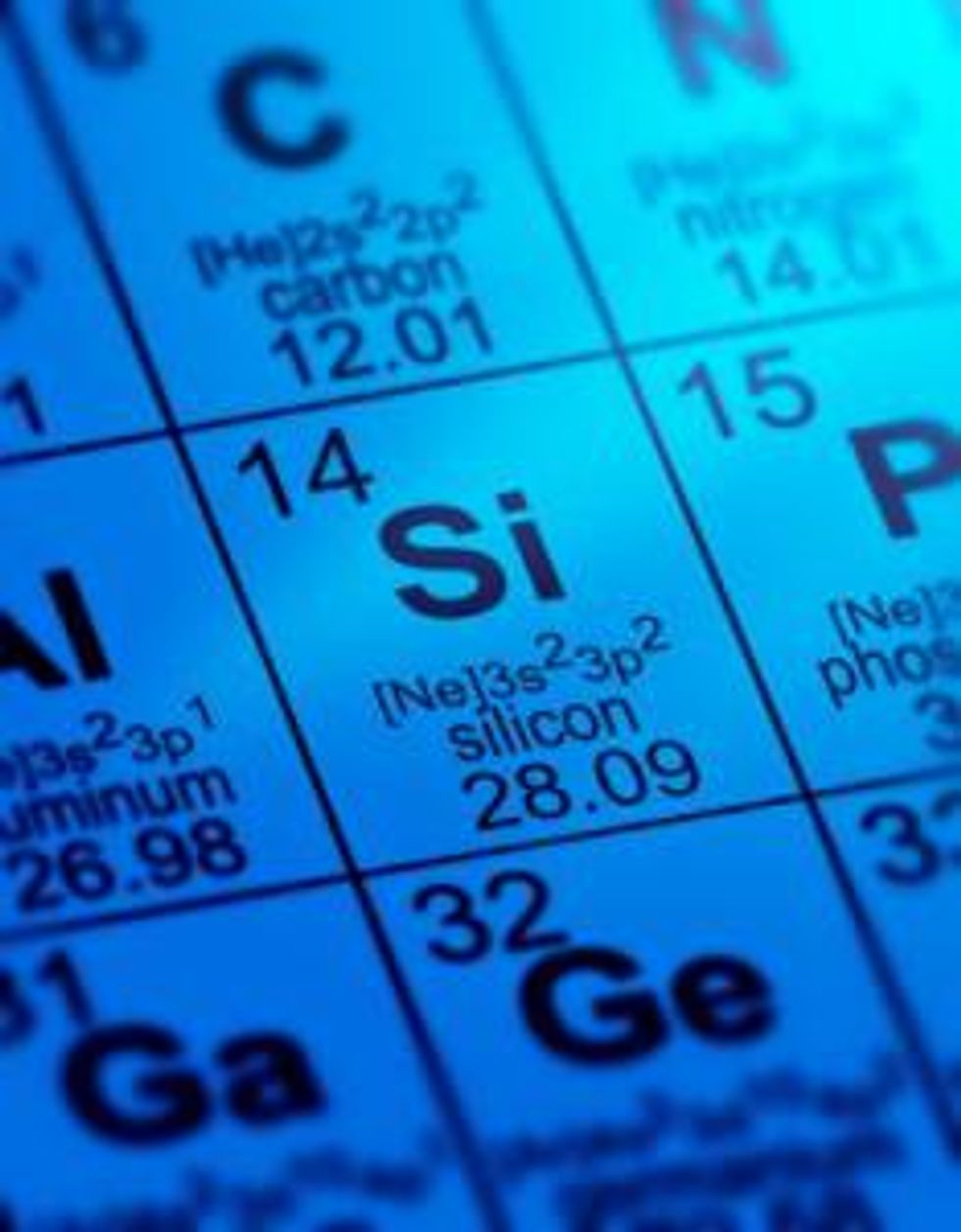Vanadium Oxide Bronze Could Replace Silicon in Computing
Researchers have developed vanadium oxide bronze for use in computing; the material is considered to be faster than silicon.
Vanadium has become synonymous with vanadium-flow batteries, which are frequently touted as the solution to the world’s energy storage problems. The batteries employ vanadium pentoxide, also known as vanadium oxide, and are large, liquid-filled tanks used to store energy for power grids.
Researchers at the University of Buffalo, however, have upped their interest in vanadium, which is produced mostly in China, Russia and South Africa. They have come up with a vanadium oxide bronze that could one day make computing faster by replacing silicon, according to a Nanowerk News report.
Vanadium oxide bronze has unusual electrical properties that could increase the speed at which information is transferred and stored, Nanowerk reported, adding that the research team synthesized nanowires made from vanadium oxide and lead.
“The ability to electrically switch these nanomaterials between the on and off state repeatedly and at faster speeds makes them useful for computing,” Sambandamurthy Ganapathy, a Univeristy of Buffalo associate professor of physics and a co-author of the study, was quoted as saying.
“Silicon computing technology is running up against some fundamental road blocks, including switching speeds,” Sarbajit Banerjee, another co-author told Nanowerk. “The voltage-induced phase transition in the material we created provides a way to make that switch at a higher speed.”
While it is still too early to tell what kind of impact this news will have on miners, the outlook for vanadium remains positive and there is growing concern that more vanadium mines are needed in the western world.
World vanadium production in 2011 was about 60,000 tons according to the US Geological Survey.
Most of the vanadium currently produced is used to strengthen steel, and demand is rising from emerging markets. However, there are concerns that there might not be enough vanadium supply if its use in flow batteries grows significantly. Even without factoring in new applications, demand for vanadium is expected to more than double by 2025 to 123,000 tons.


